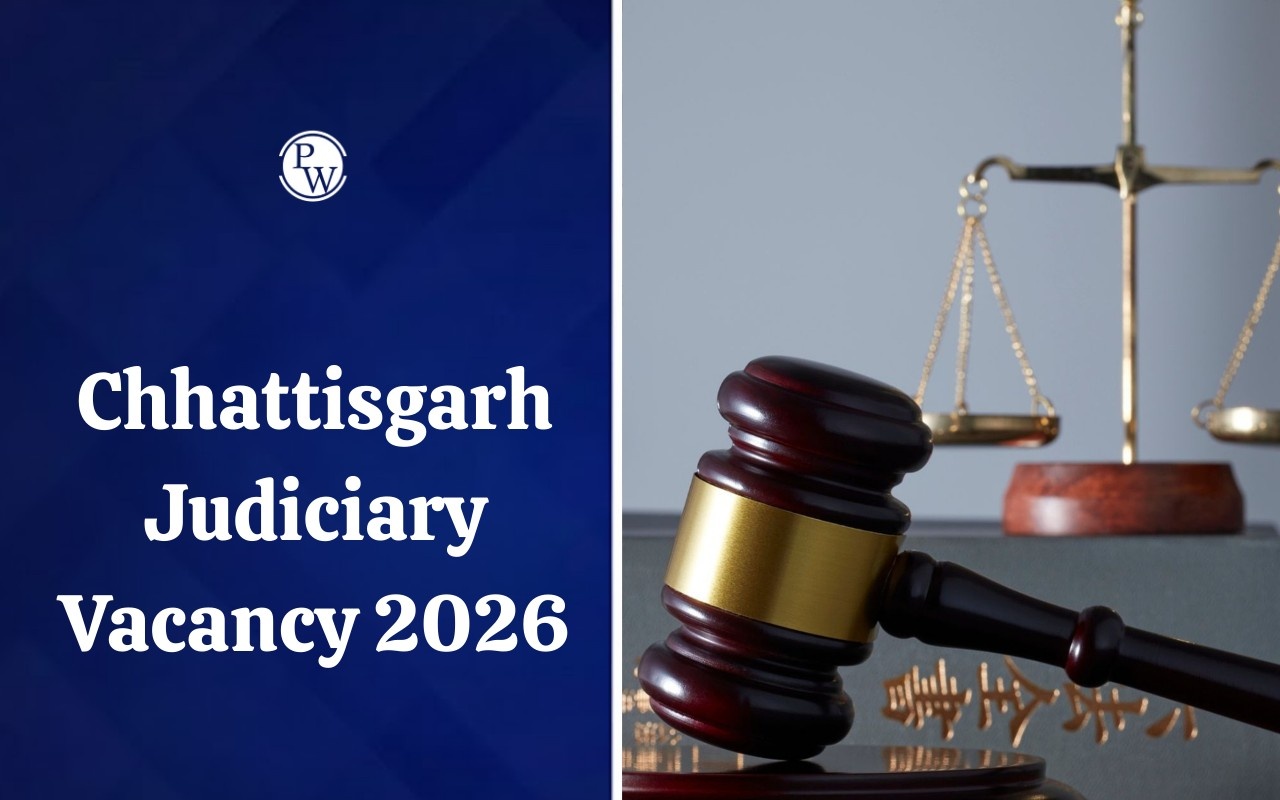
Indian Contract Act 1872 is one of the most significant legislation in India. The law educates people about the ins and outs of any agreement. The contracts between any two individuals, an agreement between two becomes only if it meets the criterion laid out in the Act.
The law educates people about what ways they can make agreements, what rules they need to abide by while making an agreement and also what needs to be done when a promise is broken by a party to the contract. The Indian Contract Act is designed to ensure that business is fair and secure for all.
Indian Contract Act 1872 Definition
According to the indian contract act 1872 definition, an agreement is a promise that two or more parties make to each other, which is intended to be enforced by law. An agreement becomes a contract only if it meets certain criteria. The Act states that it is an agreement between two parties that begins with a proposal.
It must be accepted by the other party, and both parties must consent without any coercion, fear or fraud. Both the parties must also give something in exchange for it, which is called the consideration. For example, one person provides money and the other person provides a product or service in return.
Scope of Indian Contract Act 1872
The scope of Indian Contract Act 1872 is very wide. It covers almost all types of agreements made in India. This Act applies to:
-
Personal agreements
-
Business agreements
-
Work agreements
-
Borrowing and lending agreements
It explains important parts of a contract like:
-
Offer and acceptance
-
Free consent
-
Consideration
-
Legal object
-
Capacity of parties
The scope also includes rules for what happens when someone breaks a contract. The Act guides compensation, damages, and how to solve disputes. It also covers special contracts like indemnity, guarantee, bailment, pledge, and agency. This makes the scope of Indian Contract Act 1872 very complete and useful.
Features of Indian Contract Act 1872
The Act’s features are user-friendly and simple to use. This has made the Act very popular amongst students, laymen, and business parties.
-
Plain Words: The Act uses simple words and phrases, making the contract understandable to a person of ordinary intelligence.
-
Equality Before the Act: It provides equal protection to both parties to a contract. No one can be compelled to enter into a contract.
-
Consent: A contract is only enforceable when the parties to a contract have consented to the terms and conditions of the contract without coercion, undue influence, fraud, misrepresentation, or mistake.
-
Legal Object: The object of a contract should be lawful.
-
Applicability: The Act can be applied to all types of contracts, whether daily contracts or commercial contracts of any kind.
-
Remedies: The Act provides remedies for the breach of a contract.
The Act covers special contracts, including indemnity, guarantee, bailment, pledge, and agency.
Sections of Indian Contract Act 1872
The Sections in Indian Contract Act 1872 describe the law to us in small divisions. The Indian Contract Act 1872 was originally enacted with 266 sections. Some of the sections were later repealed, and new sections were added in place of those. Today, two primary parts of the Act are seen as most important and they are as follows:
Part 1: General Principles of Contract
This covers Sections 1 to 75, which address all the essential elements and their general concepts such as offer, acceptance, consideration, consent and performance, etc.
Part 2: Special Types of Contracts
This part of the Indian Contract Act 1872 contains the provisions related to indemnity, guarantee, bailment, pledge, and agency.
The above-mentioned sections make the definition of Indian Contract Act 1872 easier to understand as they divide the law in specific and clear concepts. These sections can be read and memorized one at a time by students who are studying the working of contracts. The sections outline how agreements come into existence, how they can be performed and the remedies that are available if a party fails to follow them.
The Sections in Indian Contract Act 1872 organize the law in a way that is easy to apply in day-to-day life and business activities. It thus makes it very easy for people to abide by the rules of the law.
Importance of the Indian Contract Act
The Indian Contract Act is significant because it safeguards the interests of the parties involved in an agreement and upholds all transactions as safe and legitimate. The purpose of the act is to make sure that promises are honoured, rights are secured and no form of contract is used for fraud or to cheat others.
-
The act will ensure that the parties involved in an agreement will honour the rules of fair play and will respect the rights of one another.
-
The Indian Contract Act of 1872 protects the parties against any form of deception, breach of trust and fraud in business or personal transactions.
-
The act of justice does not favour any party in a contract. It equally remedies all the parties involved in an agreement.
-
Businesses will continue to trust one another and will thrive better because they are confident of the assurance provided by the laws.
-
If any issue arises, it will be easy to approach the case to the court of law for solutions based on the available legal methods for solutions.
-
Business activities will work in an environment that is secure and healthy for doing business. This will lead to more trade and ultimately faster development of the economy of country.
Explore the Judiciary Coaching 2025 to access essential resources for Judiciary exam preparation, including detailed insights and strategies. Dive into the Judiciary 2025 for structured courses and focused study plans designed to help aspirants excel in their exams.
Indian Contract Act 1872 FAQs
Q. What is Indian Contract Act 1872?
Q. Why was the Indian Contract Act of 1872 enacted?
Q. To whom does the Indian Contract Act apply?
Q. What are the essential elements of a valid contract under the Act?
Q. Does the Indian Contract Act cover all types of contracts?










